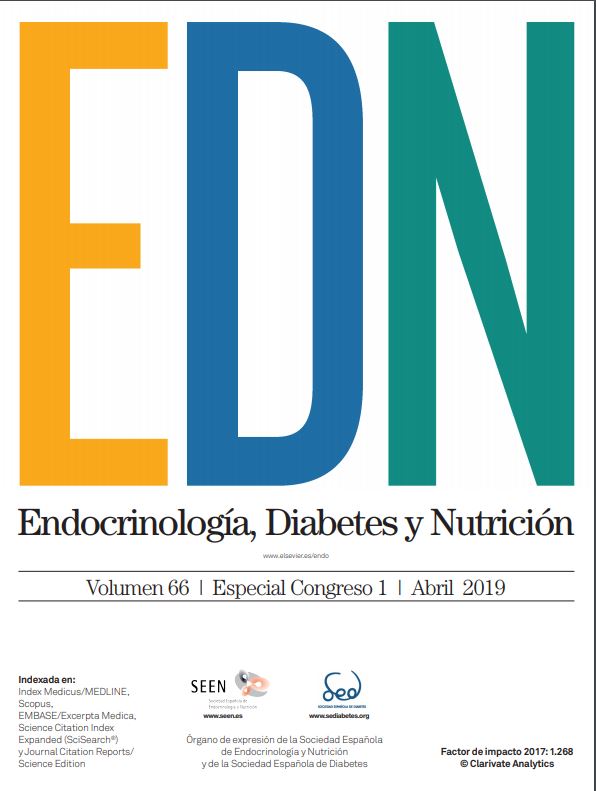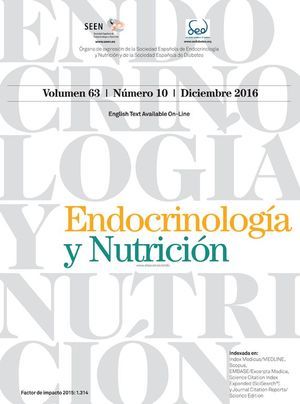P-100 - MODULATION OF HMG20A SIGNALING AS POSSIBLE TREATMENT FOR T2DM
Centro Andaluz de Biología Molecular y Medicina Regenerativa, CABIMER, Sevilla.
Introduction: The association of polymorphisms in the gene of the chromatin binding factor HMG20A with type 2 diabetes mellitus (T2DM) and gestational diabetes mellitus (GDM), together with its decreased expression in islets from T2DM donors, has revealed a new target for the development of novel therapies for the treatment of diabetes. Our recent studies have demonstrated that HMG20A is required for islet beta cell functional maturity. Silencing this factor decreases the expression of mature beta cell markers such as Insulin, MafA, and NeuroD, while increases the plasticity gene Pax4 correlating with blunted glucose stimulated insulin secretion (GSIS). The described mechanism of action of HMG20A is the relief of the transcriptional repression imposed by the LSD1-CoREST complex through the displacement of HMG20B from the complex. Therefore we hypothesized that the action of HMG20A on the maturation of pancreatic beta cells will rely on the regulation of LSD1-CoREST complex. In agreement with this a recent report has suggested that knocking down LSD1 promotes differentiation of human induced pluripotent stem cells into insulin-producing cells in vitro.
Objectives: We analyze the effect of the treatment with an inhibitor of LSD1 on the expression of beta cell markers and in the beta cell plasticity gene Pax4 as well as study the effect of this treatment on beta cell functionality.
Material and methods: After validating the absence of effect of LSD1 inhibitor on the survival of the beta cell line INS-1E, we analyzed by RT-PCR the expression of beta cell marker genes in these treated cells. To study the specificity of the treatment with LSD1 inhibitor, INS-1E cells in which HMG20A has been previously silenced by siRNA, were treated with the inhibitor of LSD1 to determine whether the effect of the silencing can be reverted by the treatment with the inhibitor.
Results: The treatment of the INS-1E cells with LSD1 inhibitor stimulated HMG20A expression that correlated with the increased expression of insulin and MafA. NeuroD, a well-known target of HMG20A did not reveal significant changes in expression, however a slight increase was detected after short time treatment with the inhibitor. On the contrary, and in agreement with our hypothesis, Pax4 was strongly upregulated. We then analyze whether we can revert the detrimental effect of HMG20A silencing by direct inhibition of LSD1-CoREST complex. The treatment of INS-1E cells with LSD1 inhibitor after silencing of HMG20A reverted the effect of the depletion of HMG20A, resulting in the increase of the expression of the beta cell markers NeuroD, MafA and insulin
Conclusions: Altogether, these data suggest that LSD1-CoREST complex inhibition will potentiate the maturation of pancreatic beta cells, thus supporting our hypothesis that HMG20A effect onto islet cells functionality/maturation is mediated through LSD1-CoREST complex activity.






